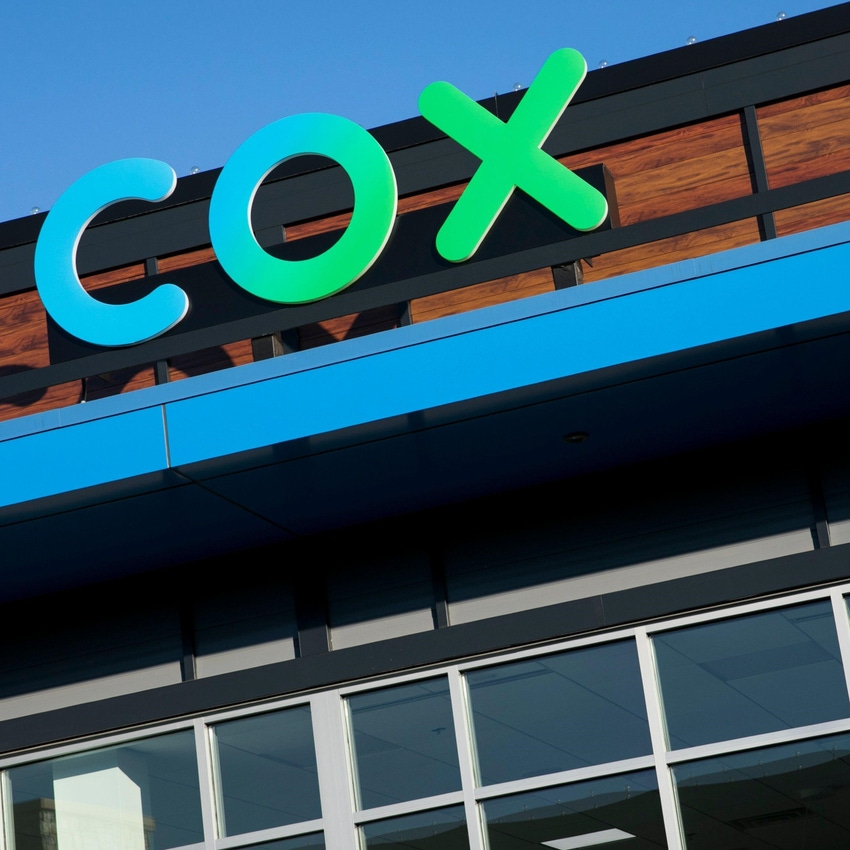Cox cuts 'very small percentage' of workforce
Cox said the workforce reduction comes as the cable operator makes changes to its 'structure and processes' and as it invests in areas such as mobile, managed services and network expansion.

Cox Communications confirmed that it is cutting a small portion of its workforce as it makes changes to its "structure and processes" and continues to concentrate on new areas such as mobile and network expansion.
Cox, a privately held cable operator, did not disclose the percentage of people it let go. But industry sources said the decision to eliminate people and positions has touched almost all parts of the company. One source familiar with the cutback tells Light Reading that the cuts are in the neighborhood of 10% while three others believe that percentage is lower.
Figure 1:  (Source: Kristoffer Tripplaar/Alamy Stock Photo)
(Source: Kristoffer Tripplaar/Alamy Stock Photo)
"We continue to focus on operating the business as efficiently as possible, strategically investing for future growth in areas like mobile, managed services and network expansion and creating an improved customer experience," a Cox official said in a statement to Light Reading. "To support these goals, we are making some changes to our structure and processes and a very small percentage of employees are leaving the business."
Cox, now helmed by President Mark Greatrex following the retirement of Pat Esser, also did not elaborate on what specific changes it's making to its structure and processes.
However, the company, which has an X1 syndication deal with Comcast, recently got back into the mobile game. In August, the company sparked the pilot launch of Cox Mobile in three markets: Hampton Roads, Virginia; Omaha, Nebraska; and Las Vegas, Nevada. Cox expects to make its new mobile service available in all its markets by the end of 2022.
Regarding network expansion, Cox announced in June that it has earmarked $400 million to reach underserved and unserved areas covering more than 100,000 households. Cox also came away with a small chunk of funding from Phase I of the federal government's Rural Digital Opportunity Fund (RDOF) auction.
Meanwhile, Cox also has a multi-year initiative underway to upgrade networks to deliver 10-gig speeds.
Slowing broadband sub growth a pain for US cable
It's also not clear what precisely precipitated Cox's decision to cut back and how it might tie into the level of revenue growth the operator is seeing versus original projections. Cox confirmed that it generates about $13 billion in annual revenues and serves nearly 7 million customers, with a large majority of them in the residential broadband category.
From a general standpoint, most publicly held US cable operators are under pressure as broadband subscriber growth slows amid a massive pull-forward of customers during the early stages of the pandemic. Meanwhile, cable is also feeling competitive pressure from fiber-to-the-premises (FTTP) network upgrades and expansions as well as from relatively new fixed wireless access (FWA) entrants.
US cable stocks have been hit hard this year due to the broadband subscriber situation. However, some analysts believe that federal funding initiatives might rekindle that growth and that Wall Street is overreacting to the broadband issue and not giving enough credit to the cable industry's mobile prospects.
Related posts:
Cox Communications CEO Pat Esser to retire at year-end (press release)
— Jeff Baumgartner, Senior Editor, Light Reading
About the Author(s)
You May Also Like












